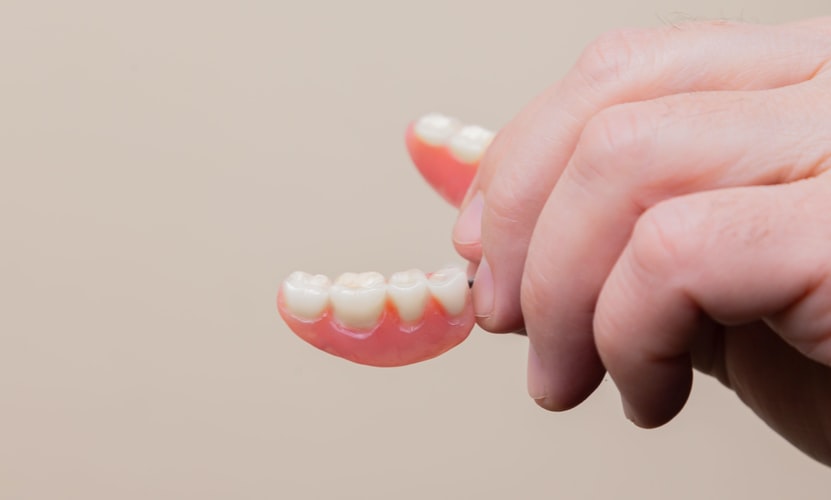
Dentures are a long-term investment for your appearance and your oral health, but over time, your once perfectly fitting denture may begin slipping, leaving sores, or even warping. As robust as modern dentures in Surrey are, it is impossible to manufacture a forever-lasting denture.Although, it is possible to take your existing denture and make it look or fit like new again.
Here are a few examples of challenges faced by denture wearers and what your denturists can do to solve them.
Jawbone Recession
Natural teeth help provide essential support to the shape and stricture of your jawbone through the presence of the tooth’s root.Without the root, the jawbone begins to shrink in a process known as resorption. While dentures can replicate the look of your natural teeth, they cannot replace the tooth’s root, and over time, the structure of your jawbone will begin to change leading to issues with the denture’s fit.
A changing jawbone doesn’t necessarily mean you’ll need a new denture. Provided it is still in good shape, your denturist can adjust the fit. There are two techniques commonly employed in these situations- soft-relining and hard-relining. With a soft reline, your denturist will re-mould the inner lining of your dentures by adding a polymer and fitting it to the current shape of your gums. Depending on the rate of resorption you are experiencing, soft relining can add years to the life of your denture.
Hard relining is similar to soft relining; however, newly moulded hard plastic dentures are created rather than moulding the existing denture with a soft polymer material. Unlike a soft reline, a hard reline takes typically a few days and costs as compared to a soft reline.
Denture Warping
Like natural teeth, your dentures need daily cleaning and regular checkups to continue looking and fitting correctly. Proper denture care includes brushing at least once every day and leaving it to soak overnight (or whenever it’s not in use). You can use a specialty denture soak or just plain distilled water.
Dentures that are not kept moist will begin to warp and become brittle. This will not only affect fit and appearance but potentially permanently damage the shape of your dentures, causing them to become extremely fragile and increasing the odds of them cracking or breaking. To avoid prematurely replacing your dentures, follow the care instructions given to you by your denturist and schedule regular dental checkups and cleanings.
For more on denture care check out: Caring for Your Complete Dentures
The Denture is Past its Life Lifespan
Unfortunately, even the highest quality dentures have an expiration date.Dentures can only be refitted or relined so many times before they need to be replaced. Once your denture has passed its usable lifespan, you’ll need to have a new one made. On average, you can expect to get 7 to 10 years of use from the dentures Surrey has to offer provided you care well for them.
Other Tooth Replacement Options
Traditional dentures are a great, affordable option for most people, and with the ability to have the fit adjusted as needed, they have a long life expectancy. If longevity is a concern, there are other options available.
Dental implants are the most permanent tooth restoration technique available. As the name suggests, dental implants are surgically implanted into the jawbone to replicate the look and feel of natural teeth and can drastically reduce resorption. However, dental implants are also the most expensive option available.
Your trusted Surrey denturists may be able to offer implant-supported dentures – a hybrid denture supported by dental implants but made more affordable.